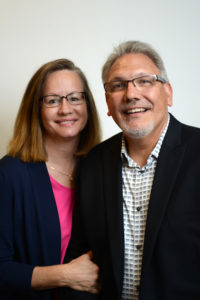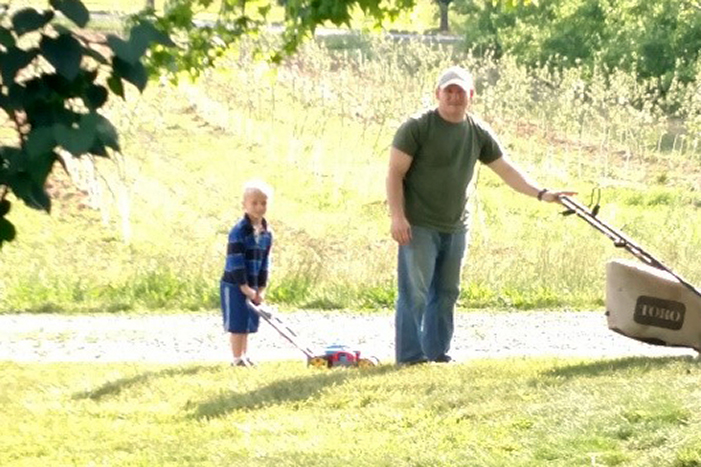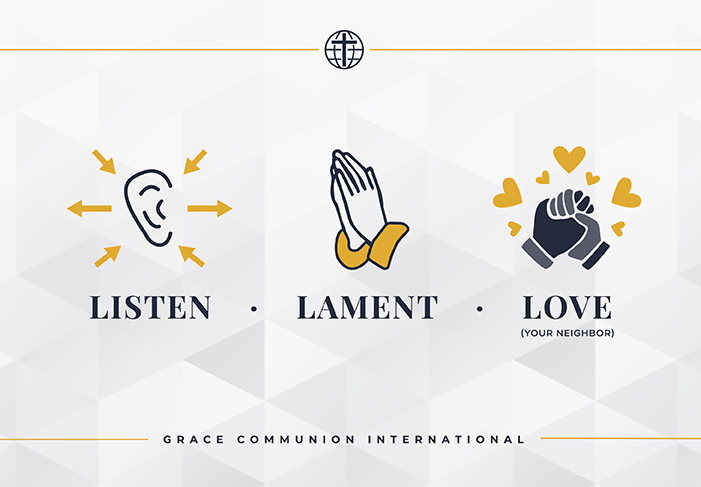
The church has existed since its inception on the Day of Pentecost in the first half of the 1st century. It has remained and we have assurance from its founder that it will remain until his return. Isn’t it encouraging and comforting to know that we never have concerns about the health and intent of the Head of the church? Jesus Christ is the same yesterday, today and forever. And when we experience him, he truly saves you and me and we discover that he is better than we could ever imagine or expect.
When we examine the condition of the church in our time and in our setting, what markers do we consider? I hope that we can filter through the Faith, Hope, and Love avenues. This is our GCI mindset and how we see Jesus expressing himself through his body – the church. For the sake of this letter I want us to move back a step and consider: At the ground level the church is made up of individual Christians. By definition, a Healthy Church is made up of healthy church members.
Let’s recall the admonition by the apostle Paul in 2 Corinthians 13:5-6
5 Examine yourselves to see whether you are living in the faith. Test yourselves. Do you not realize that Jesus Christ is in you?—unless, indeed, you fail to pass the test!
Paul wasn’t necessarily calling them out and questioning their conversion. He was challenging them to a higher awareness that Jesus was indeed alive in them. The challenge involved the depth of coming to terms with their weakness and powerlessness, then accepting Christ’s transforming power that comes in relationship and total reliance on him. Christianity is about our dying to self and then coming to new life in Jesus.
Dying to self and life in Jesus is radical and there is no middle ground. None of us like to die to who we think we are. We easily identify with externals – our family of origin, our achievements, our life experiences, our possessions, our titles, our jobs and our money; or lack thereof. Jesus knows that we struggle with letting go and surrendering to his will. This is why Jesus always lifts the heavy end of the sofa (so to speak). In fact, he does all of the lifting and simply allows us to play along (see the photo of my son Glenn to see a similar analogy).
Paul encouraged the first-century church in Philippi by writing,
12 Therefore, my beloved, just as you have always obeyed me, not only in my presence, but much more now in my absence, work out your own salvation with fear and trembling; 13 for it is God who is at work in you, enabling you both to will and to work for his good pleasure. (Philippians 2:11-13).
Father, Son and Spirit must be active in our lives getting us to the starting place, “the will,” and then the means to walk the Christian walk, “the power.” It is a full and complete dependence on Father, Son and Spirit. In our process of letting go and surrendering, we all come to accept more deeply that we live and move and have our being in God. Our very existence is about coming to know, love and worship this personal triune God who invites us into relationship and participation. Can there be anything greater?
Beloved GCI brothers and sisters, please hear when I say that yours and my greatest pursuit has to be our relationship and identity in Jesus, and if we allow any other thing to come in front of this then it is an idol. It thrills me all the way down to my toes to think about a collective group of mature believers who are completely centered in Jesus and alive in him. I am also a realist knowing that surrender of self is an extended journey that will be traveled for as long as we live on this earth. It is a lifetime of discovering where we are still holding on, and then surrendering to Jesus all over again. What a privilege it is to be on this journey together.
Alive in Christ!
Greg Williams












